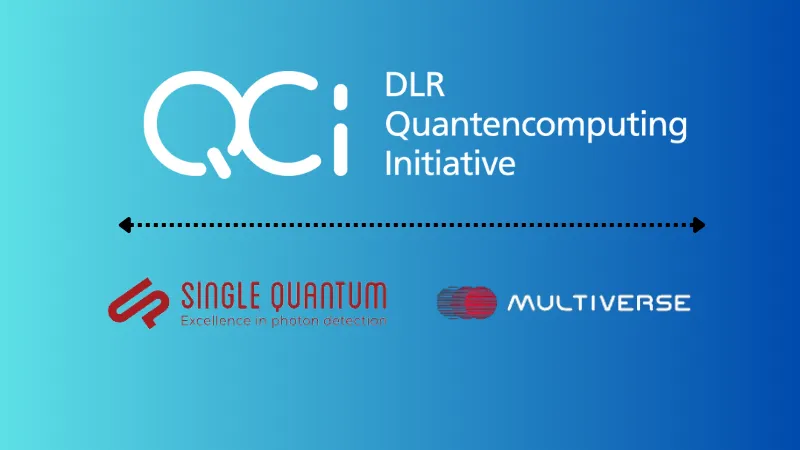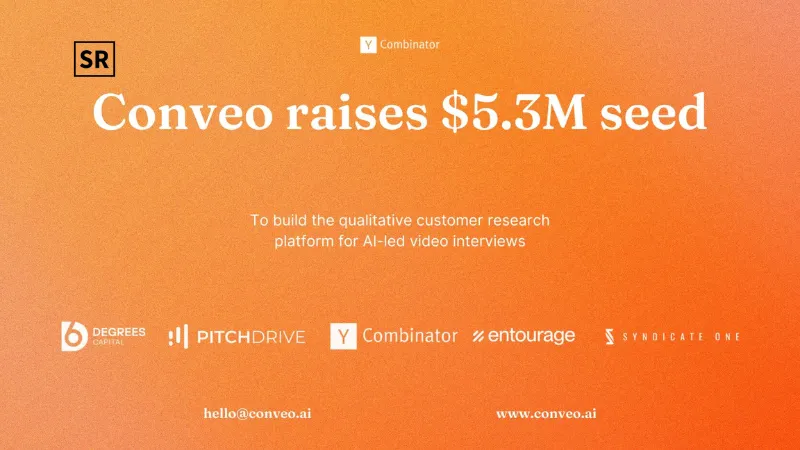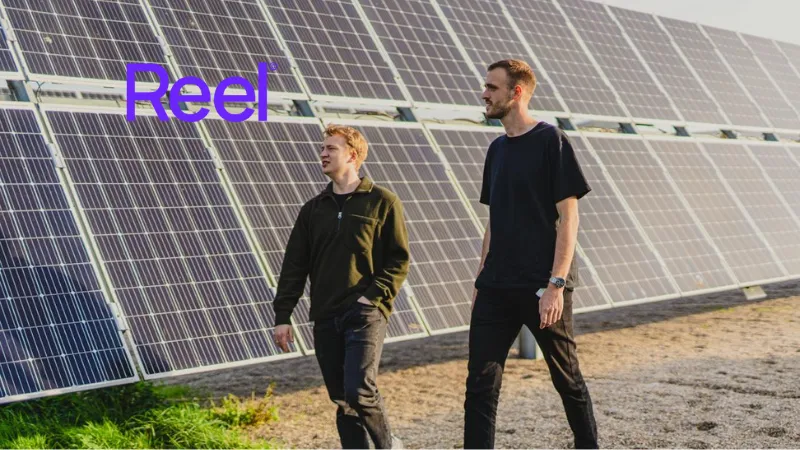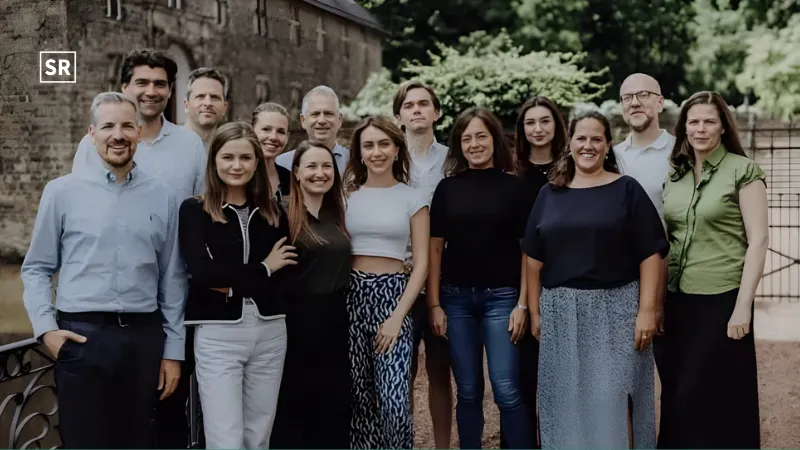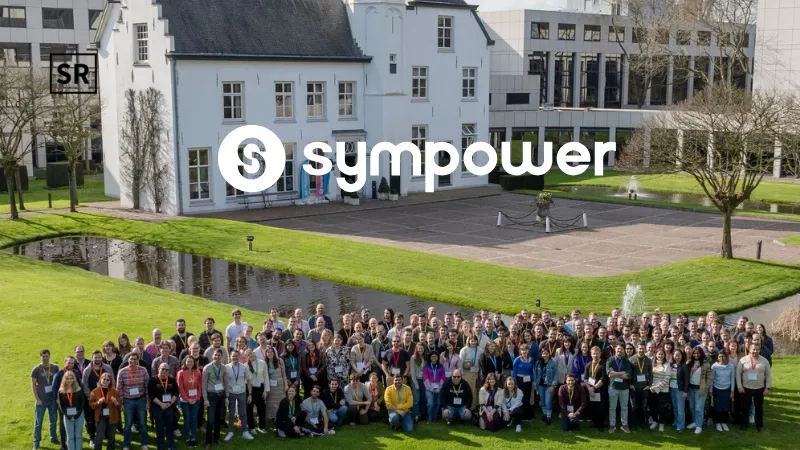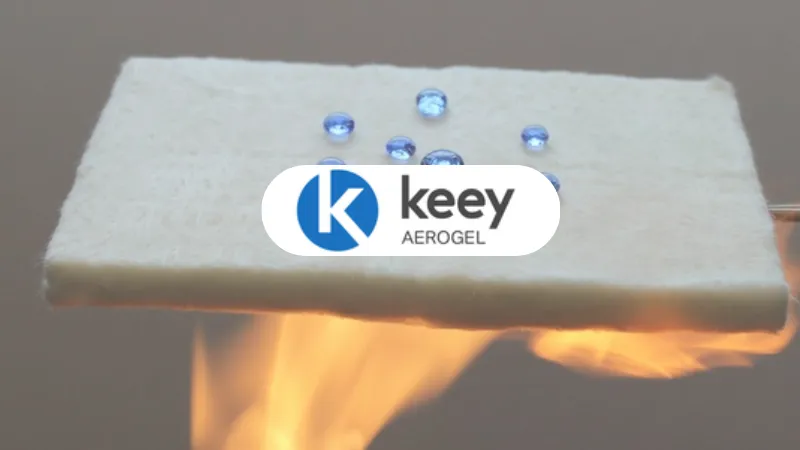German VC Firm Lunar Ventures Raises €50M Fund II For Pre-Seed DeepTech Investments
May 21, 2025 | By Kailee Rainse
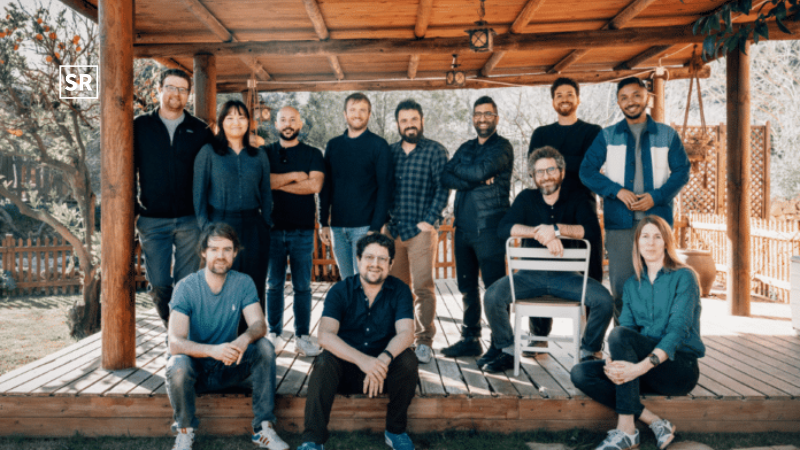
German VC firm Lunar Ventures has announced the launch of its second fund, raising €50 million—three and a half years after its first €40 million fund.
SUMMARY
- German VC firm Lunar Ventures has announced the launch of its second fund, raising €50 million—three and a half years after its first €40 million fund.
Fund II is supported by top institutions like Isomer Capital, Exor’s Lingotto, Intesa San Paolo Endowment, and Grinnell College Endowment. It also includes tech founders and general partners from various European VC firms.
Mick Halsband, Founder and General Partner at Lunar Ventures, says: “We set out to build a different kind of firm: a complementary team of engineers, operators, and PhDs dedicated to being the earliest and most technical partner to DeepTech Founders. At Lunar, we back technical builders from day zero, before traction or hype, with the in-house expertise to build conviction before consensus.
“In the past decade, capital flows into DeepTech grew tenfold to $15 billion, yet Founders still prioritise mission-aligned partners who understand the science behind the hype, and are in it for the long haul. Since 2019, Lunar has been an early believer in LLMs, homomorphic encryption, decentralised science, local-first infra, and more – all since discovered by the market. We are eager to meet the Founders shaping what comes next.”
RECOMMENDED FOR YOU

[Funding alert] Malaga-based Agrow Analytics Secures €650k in Seed Funding
Team SR
Jan 31, 2024
Their first fund supported 25 companies, including Deepset, Zama, Electric, Molecule, and Hathora—many of which later received backing from major U.S. investors like Upfront Ventures, Spark Capital, Google Ventures, SignalFire, and Founders Fund.
Lunar Ventures believes DeepTech has delivered strong returns and attracted a wave of VC interest across Europe. By 2023, DeepTech made up about 44% of all tech investments in Europe—an 18% jump from 2019.
Read Also - Oslo-Based Attensi Raises $25M Fund For Gamified Training Solutions
However, Lunar says this surge has also brought in many VCs without the deep technical expertise or proven experience needed to truly support DeepTech founders.
Lunar Ventures has already begun investing from its €50M Fund II. It led pre-seed rounds in two startups: Berlin-based Bruin and London-based Lodestar Space.
Bruin offers a unified data platform that combines data quality, observability, governance, and transformation—helping teams spend less time managing infrastructure and more time on business growth.
Lodestar Space develops autonomous robotic systems to detect and counter in-orbit threats to key space infrastructure. The startup is backed by both the UK and European Space Agencies to boost Europe’s space robotics capabilities.
Lunar Ventures’ Fund II has already made eight investments, with two companies securing up-rounds. These investments span areas like multi-engine data processing, AI-driven drug discovery for covalent medicines, and compliant AI systems for regulated industries.
The fund aims to back 25–30 startups, typically investing €750K to €1M at the earliest stages. Around 20% of the fund is expected to go to promising US-based companies outside the Bay Area.
Neil Buchanan, CEO and Co-founder of Lodestar Space, says: “Lunar had the technical depth to understand what we were building and the conviction to back us before anyone. They then brought clarity, conviction, and hands-on support when it mattered most.”
Lunar Ventures closed Fund I in 2021, raising €40 million—double its original €20 million target. With Fund II, the firm continues to back early-stage DeepTech startups in Europe and helps connect them with leading US investors.
Lunar Ventures has promoted Morris Clay to General Partner. He is an AI engineer and serial entrepreneur with more than 15 years of experience in big tech and startups.
About Lunar Ventures
Lunar Ventures, founded in 2017 by Dr. Elad Verbin, Mick Halsband, and Luis Shemtov, is a pre-Seed venture fund with a team of 11 experts. They invest in startups working at the intersection of infrastructure, AI, autonomy, and science.
Recommended Stories for You
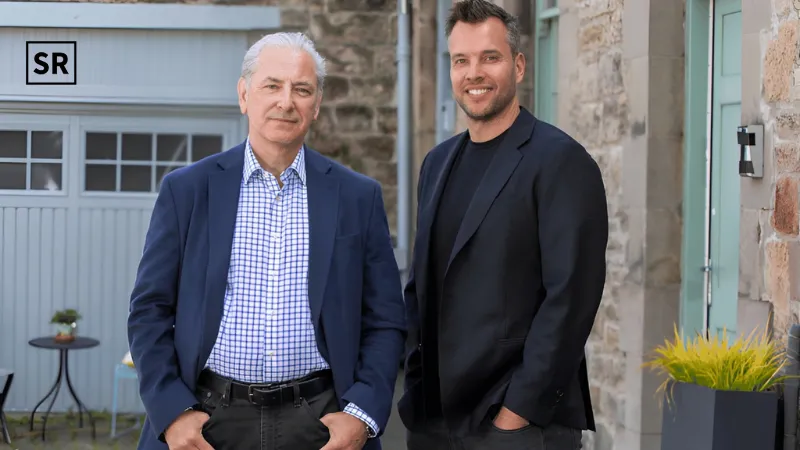
Par Equity And Praetura Merge Into PXN Group €783 Million Investment Powerhouse For The North of The UK
Kailee Rainse Jun 19, 2025

Smartcar partnrship news – Smartcar Teams Up with BMW Group Europe to Improve Connected Mobility
Kailee Rainse Feb 20, 2025
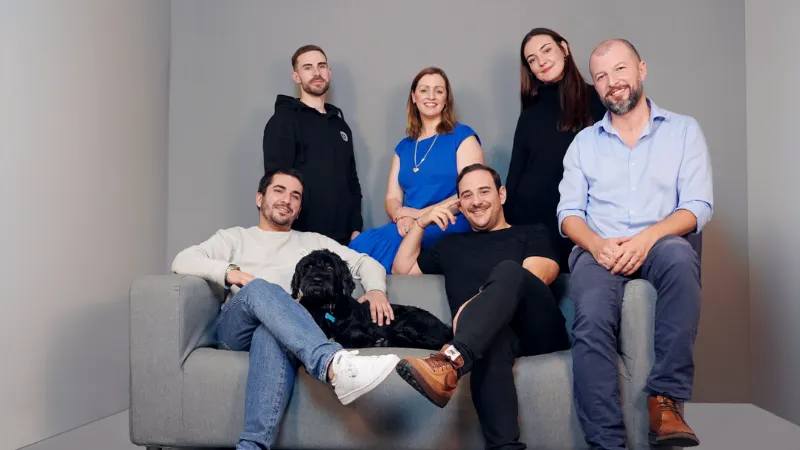
Infraspeak funding news – Porto-based Infraspeak Secures €18 Million in Series B Round Funding
Kailee Rainse Oct 29, 2024


 Follow us
Follow us Follow us
Follow us